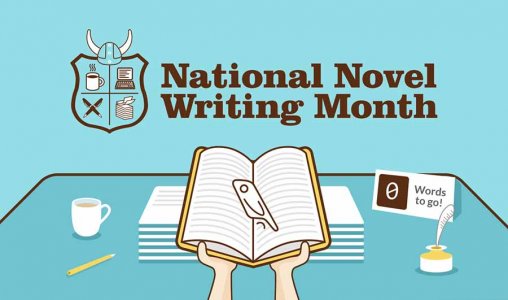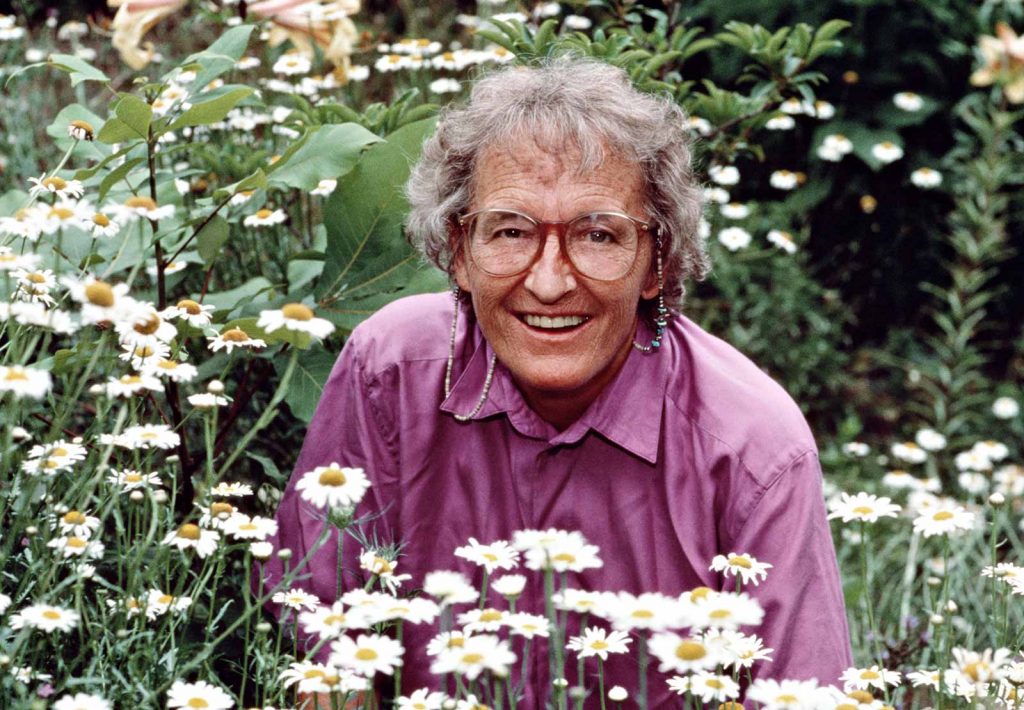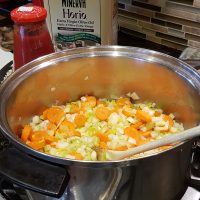
NaNoWriMo wrapped up Tuesday. For the writers who signed on and stayed the course, that means they have a finished – albeit rough – manuscript of around the 50,000-words. I didn’t sign up, at least not officially, but I did commit to writing fresh material for Something About Julian every day.
And I did!
However, I didn’t get as much written as I’d hoped for. Some of that was because of external circumstances (having evacuated friends coming to stay wasn’t in the original plan!), and some of it was because of the story. I ran into a problem with a scene the same week we had our friends here. It was an issue with pacing and the revelation of an important piece of information. Generally, when I run into that kind of thing, I’m always inclined to go back and read over what I’ve written to date, looking to see if a previous misstep brought me to that point. Since that’s a NaNoWriMo no-no, I resisted. I forced myself to go forward. I wrote and rewrote the troublesome scene more than once. That’s also a NaNoWriMo no-no, but I was worried that if I didn’t nail the bones of the problematic scene, the following scenes might stall out too. Eventually, things gelled. In fact, they more than gelled because the scene took off in a direction I hadn’t considered, one that moves the story forward beautifully. That was great news.
I’ve not finished the manuscript, but I’m a lot closer than I was at the beginning of November. That’s great news too. And with a bit of luck – and if the river doesn’t rise – I should have a finished manuscript by the new year. Just in time for January revisions!



 They say this past January was the fourth wettest on record. I guess I wasn’t around for the first three because last month was the wettest January I can remember. We were hit with a series of back-to-back rainstorms and clouds so dark and persistently low that many days it was hard to believe it was day, and not night.
They say this past January was the fourth wettest on record. I guess I wasn’t around for the first three because last month was the wettest January I can remember. We were hit with a series of back-to-back rainstorms and clouds so dark and persistently low that many days it was hard to believe it was day, and not night.



Comments